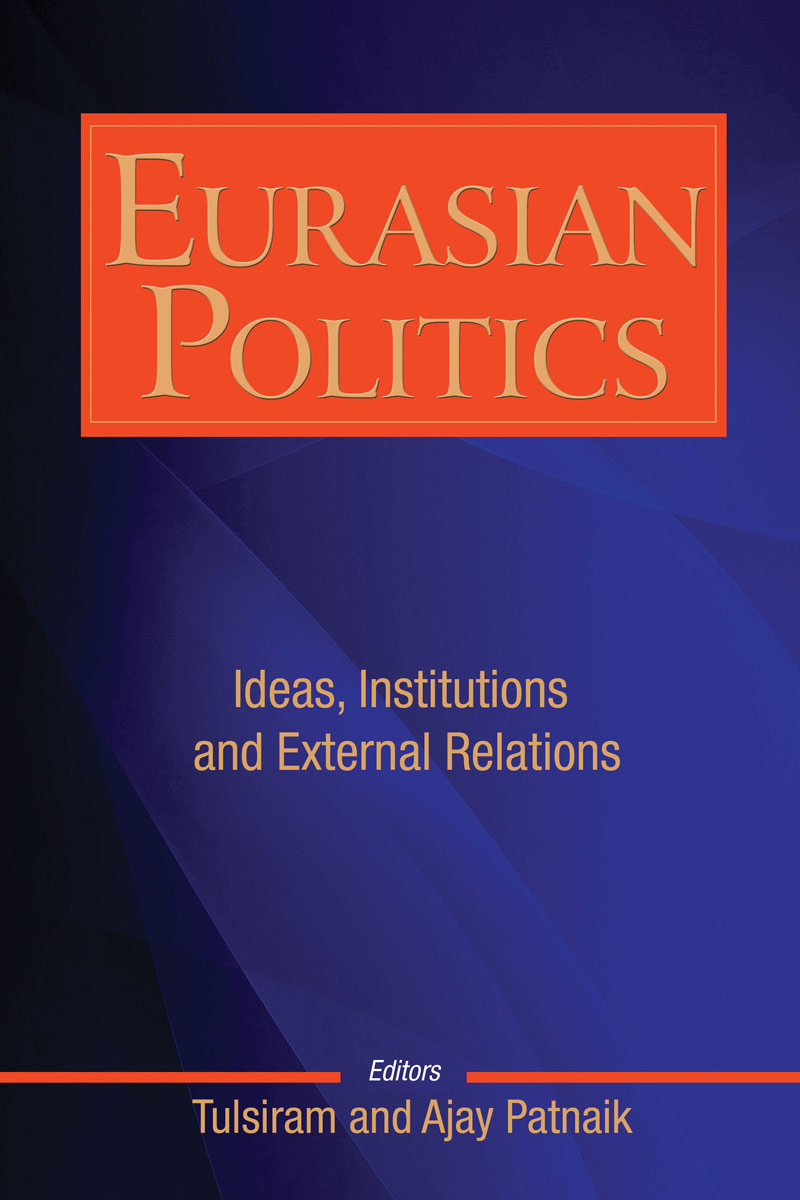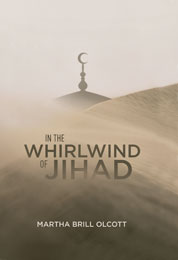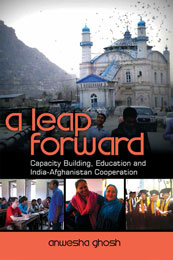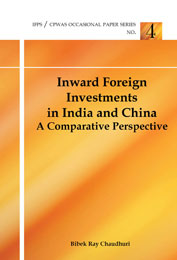Subjects
Recent View(s)
- Contemporary Transnational Challenges: International Maritime Connectivities
- Breaking Out of the Gree House: Indian Leadership in Times of Environmental Change
- Unknown and Unsung: Indian Air Force in Sino-India War of 1962
- Eurasian Politics: Ideas, Institutions and External Relations
- Journey of a Geologist in TATA Steel
- Advances in ICT and the Likely Nature of Warfare
- The Anatomy of an Indian General Election
- Scaling India-Japan Cooperation in Indo-Pacific and Beyond 2025: Corridors, Connectivity and Contours
- BOSE YA GANDHI: Kisne Dilayi Bharat Ko Azadi
- Special Offer <br>Buy 2 @ Rs 980 and Get 1 Free
- Nation Branding in Non-Western Societies: Projecting India as a ‘Civilisation State’
Eurasian Politics: Ideas, Institutions and External Relations
Tulsiram and Ajay Patnaik
The transitional politics of Eurasian space is marked by a constant struggle among three sets of ideas and institutions: the first is the remarkable resilience of Soviet ideas and institutions; second, an attempt by the regimes of these states to reinvent the historical and cultural traditions of pre-Soviet periods; and third is an attempt by a section of the powerful elite to superimpose Western liberal ideas and institutions. There is a strange intertwining of these ideas and institutions.
This book examines the extent to which the post-Soviet politics has departed from the Soviet one. What are the new ideational structures emerging in these states and how far have they crystallised into institutions? What are the external influences which are shaping the institutions in the Eurasian space? And finally, what are the various dynamics of geopolitics in this region? Experts from various countries will delve into the shifting dynamics of Eurasian politics.


 Political Science
Political Science



